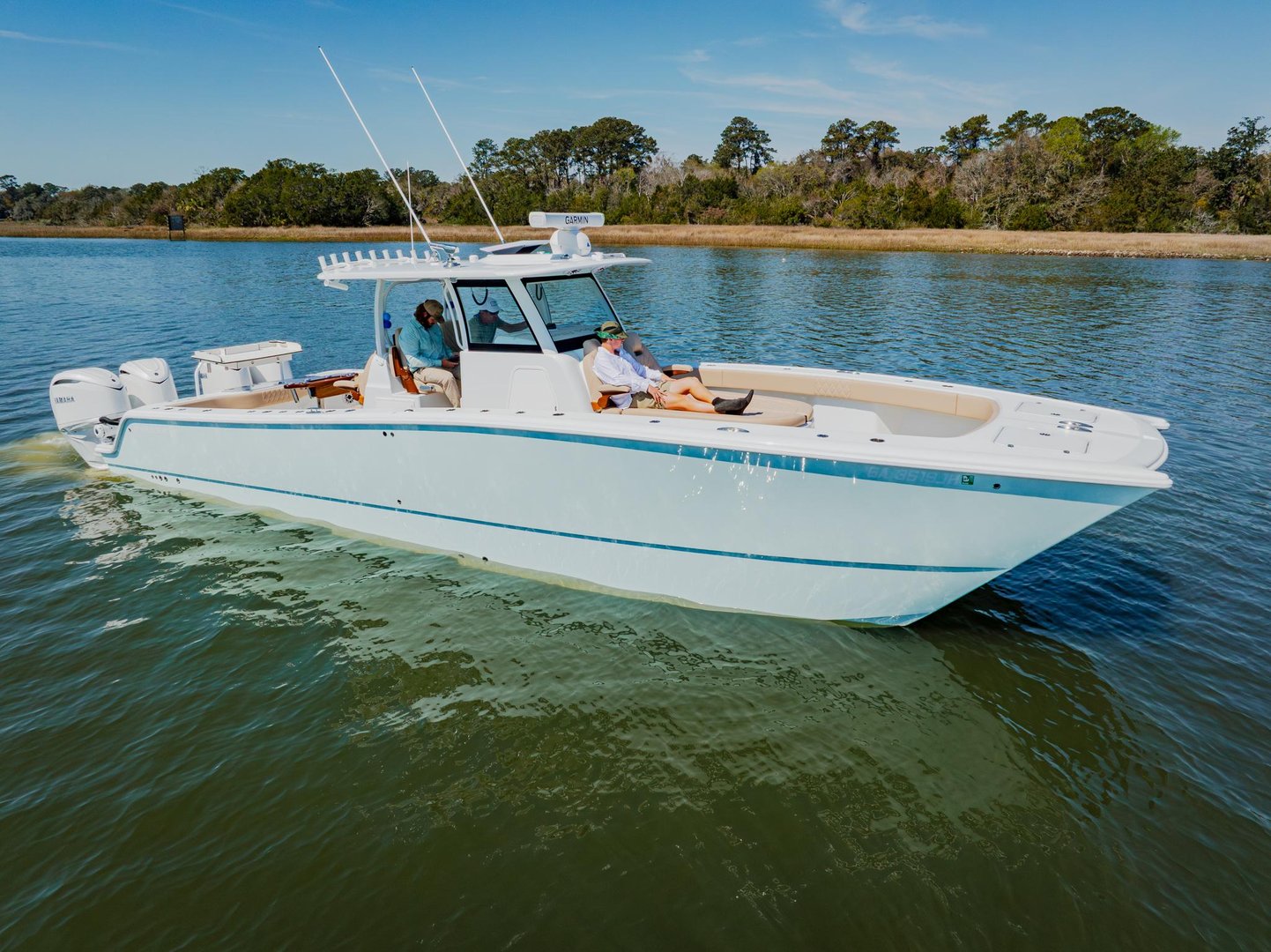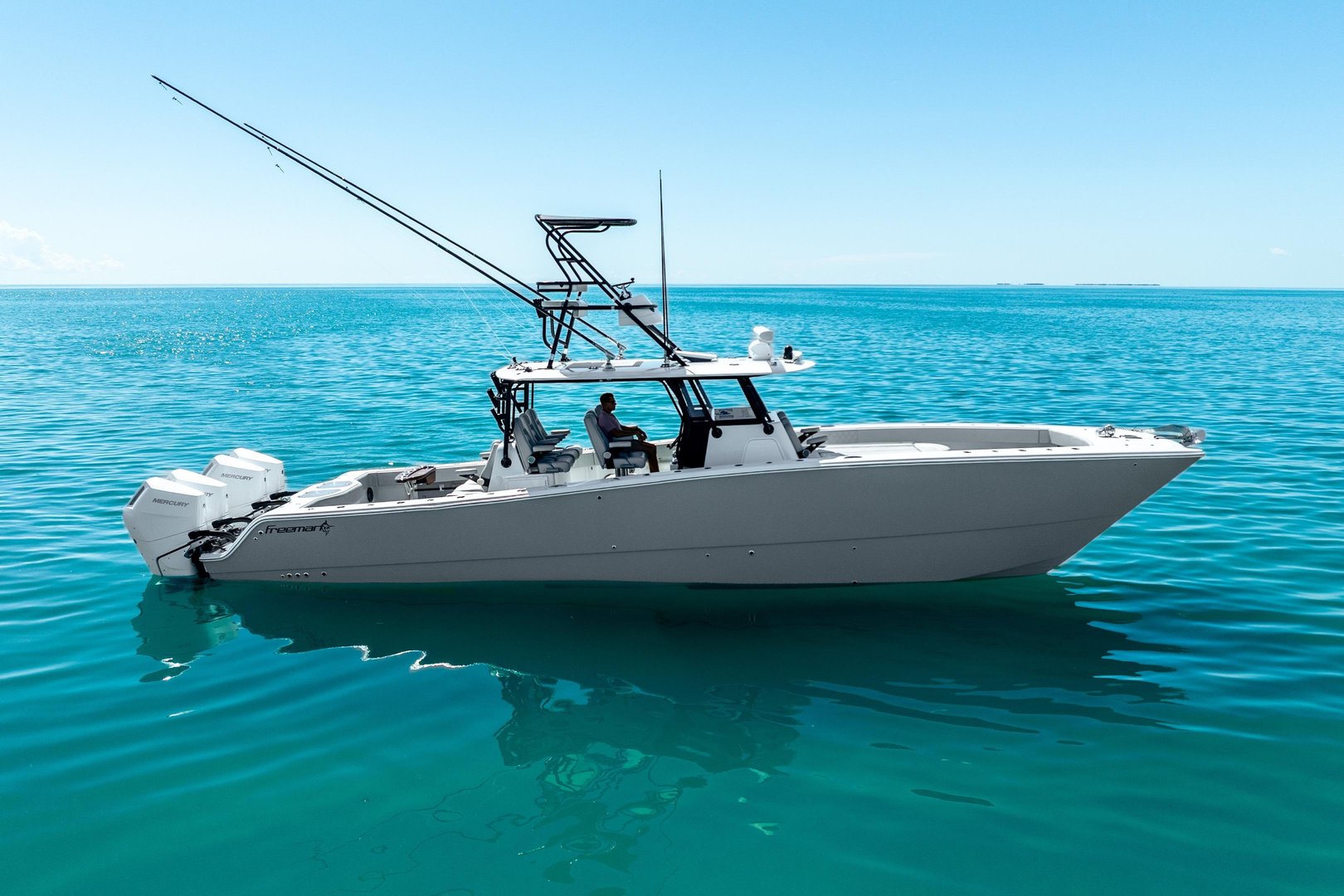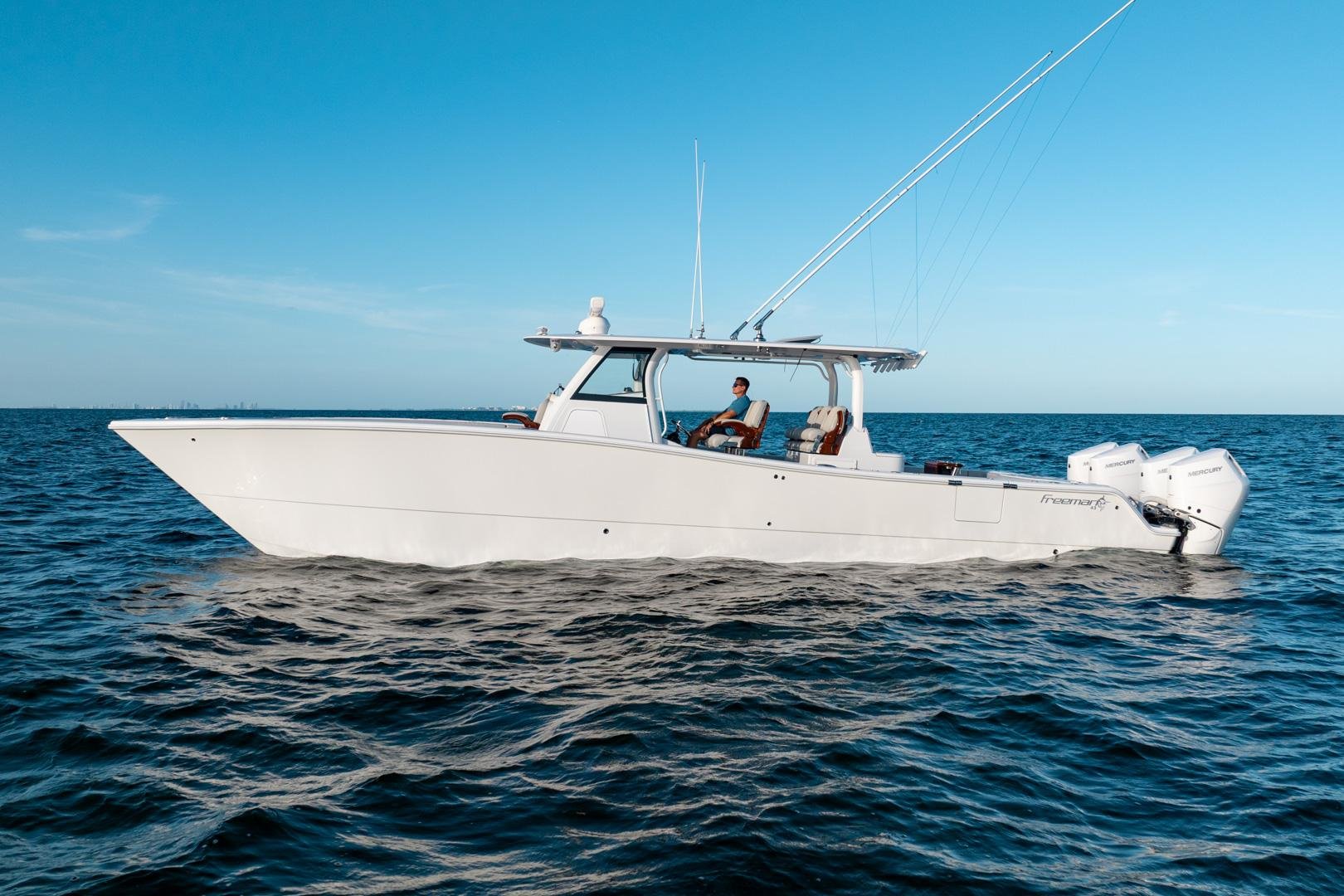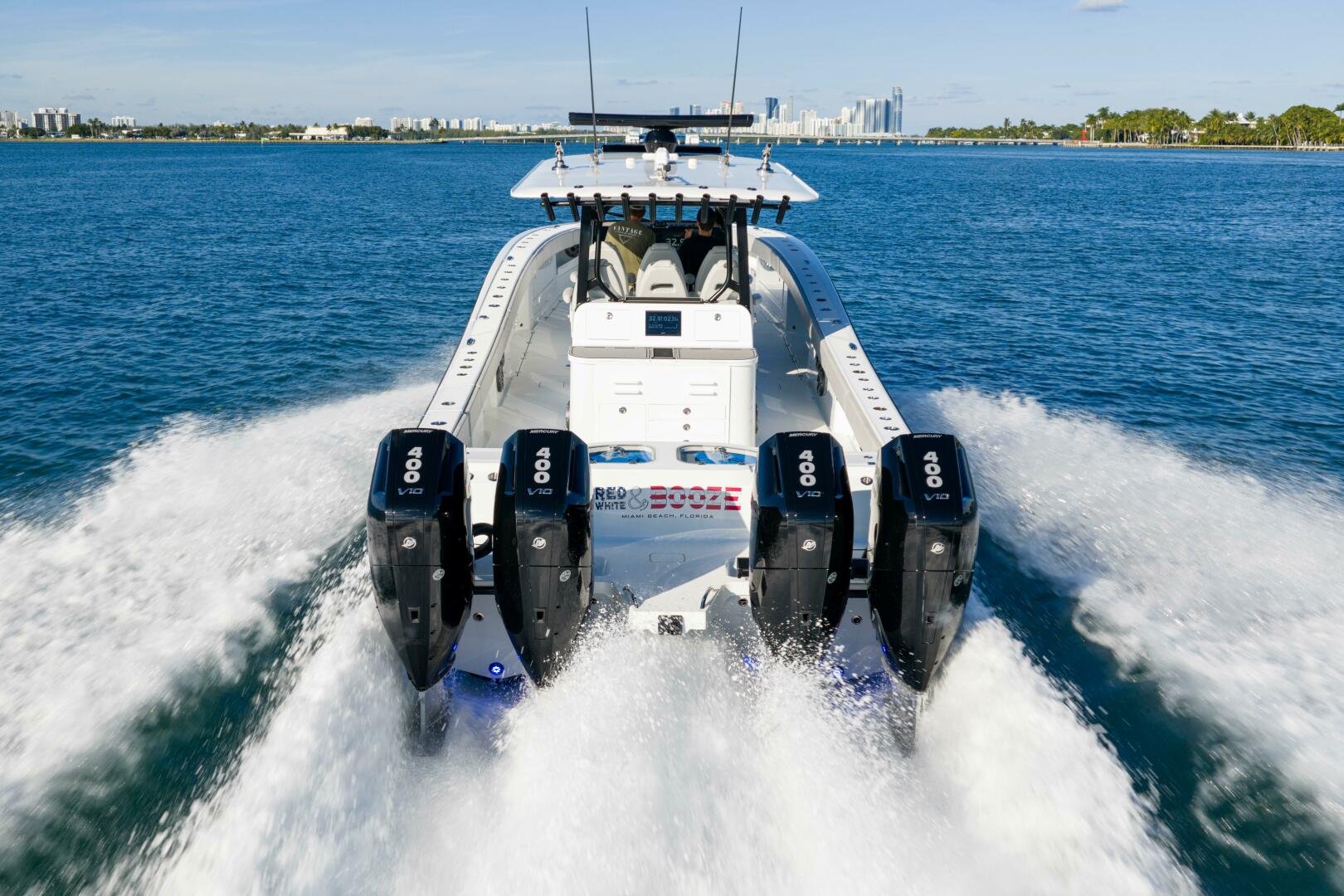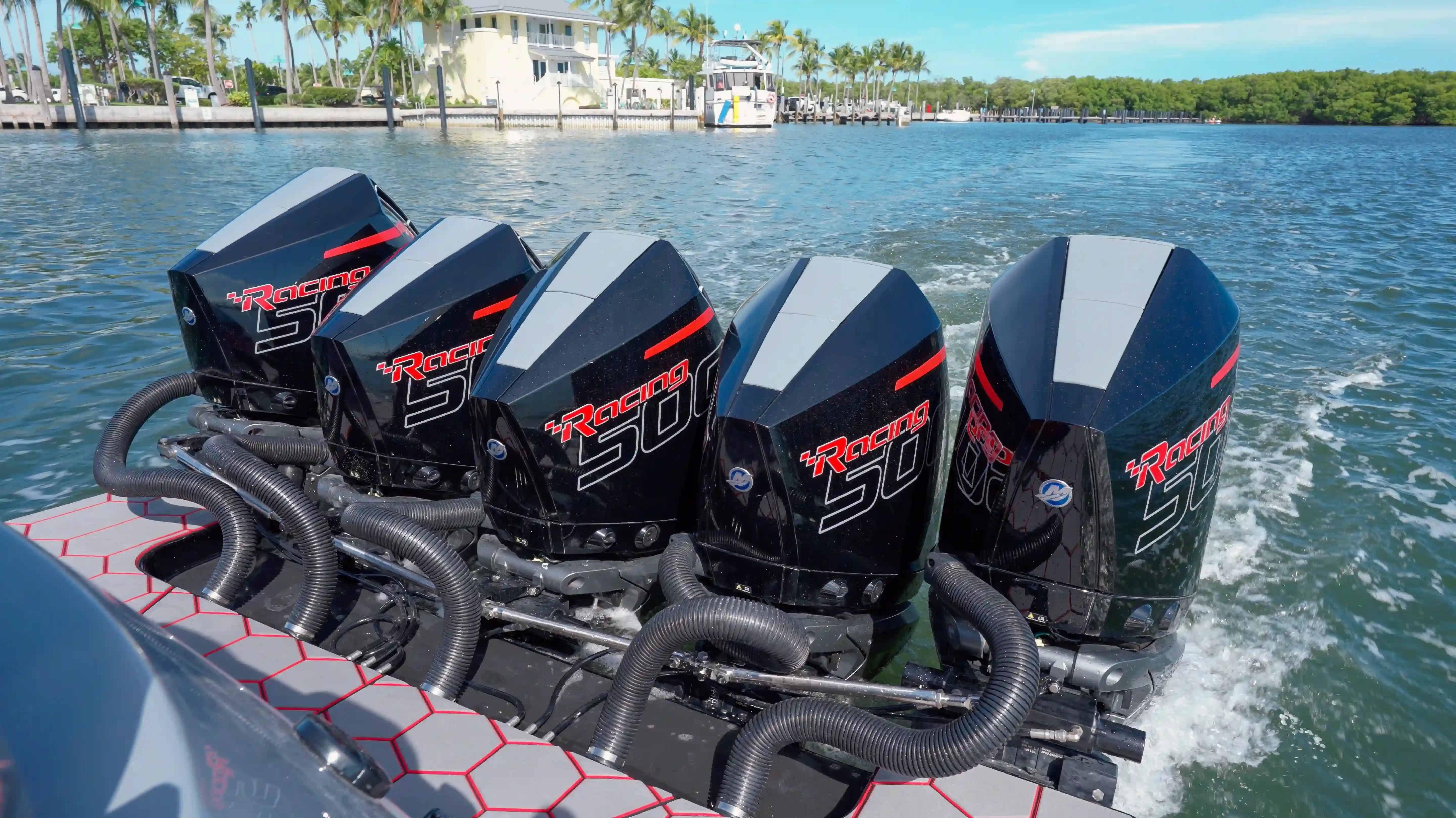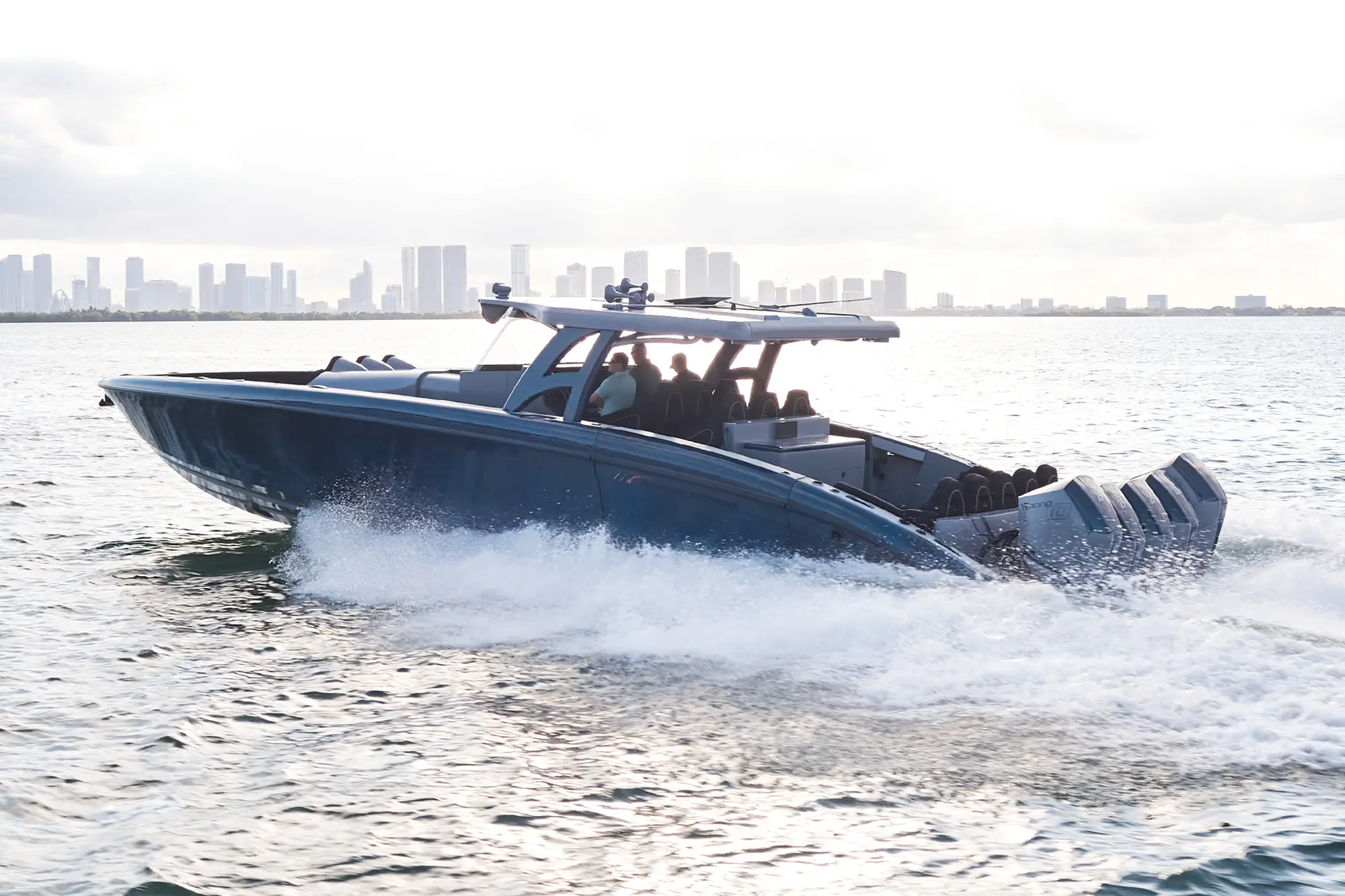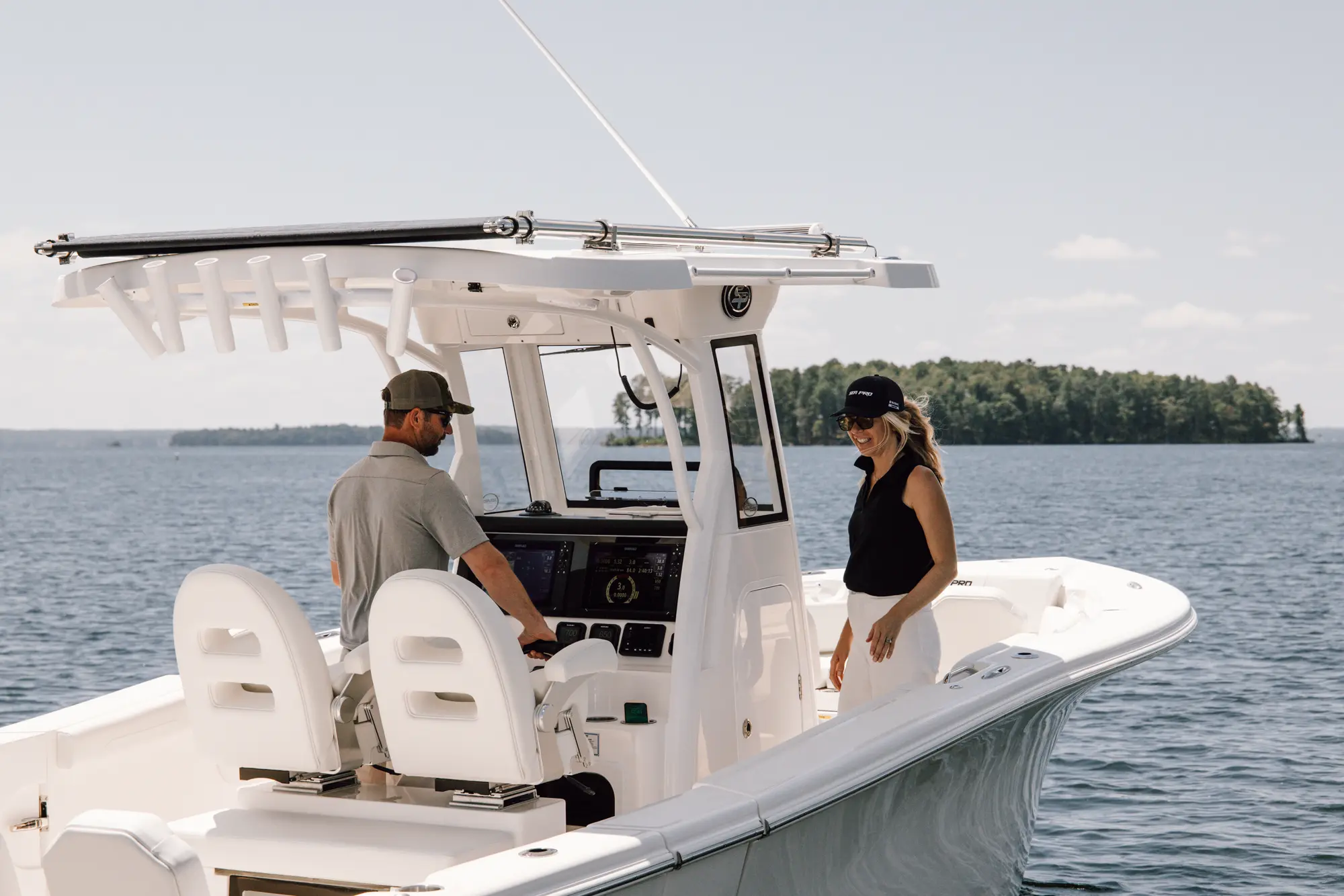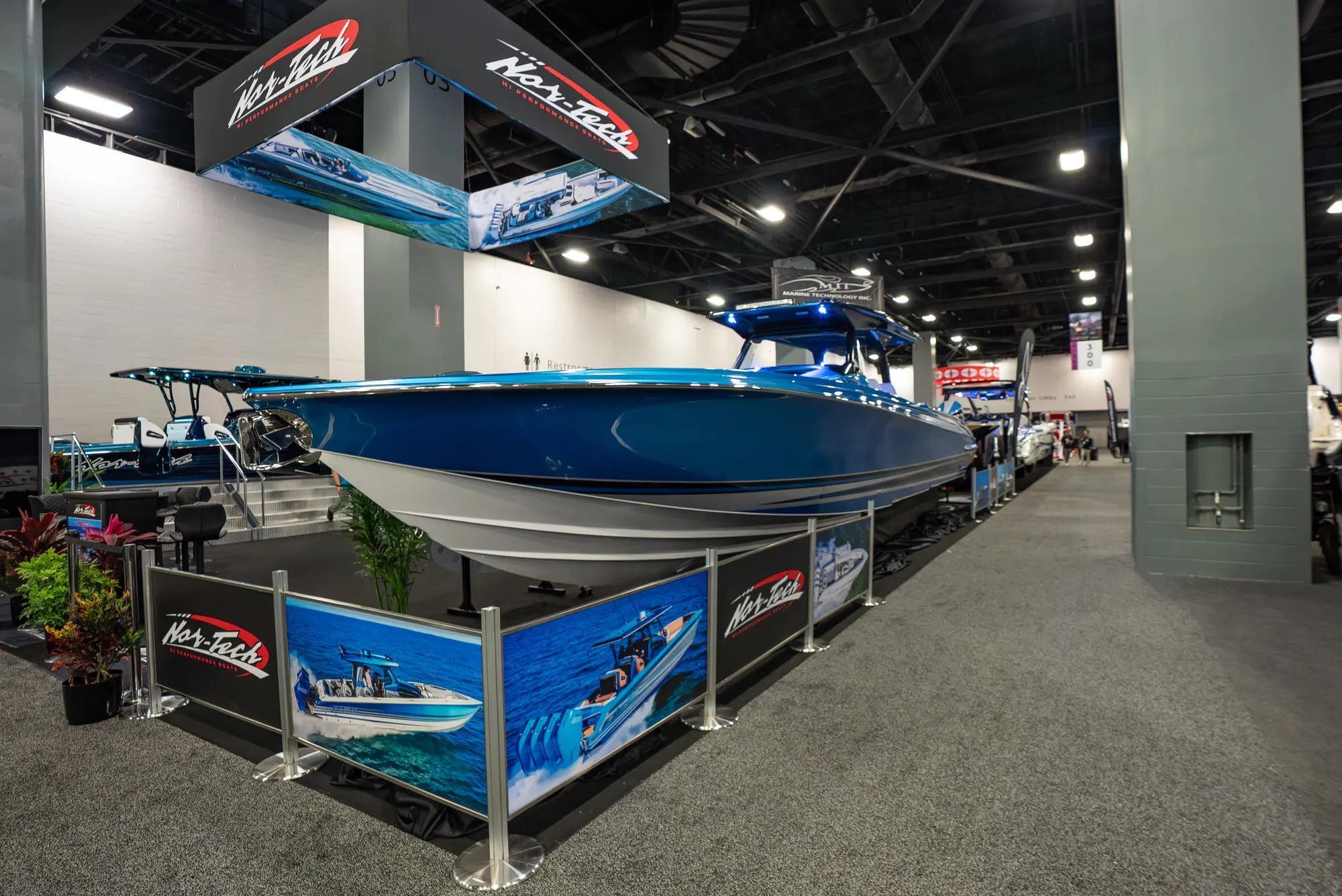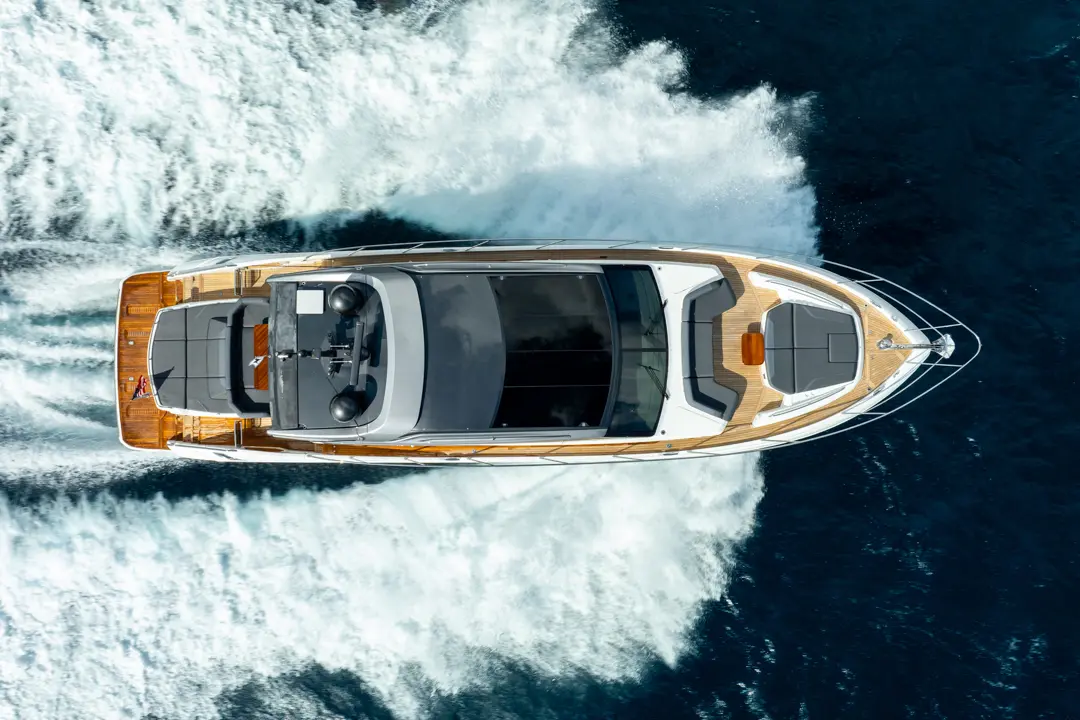What Does the Boater Freedom Act Affect?
The Boater Freedom Act changes how boating is regulated across Florida’s waterways. Under the new law, law enforcement agencies, including the Florida Fish & Wildlife Conservation Commission (FWC), can no longer stop or board vessels for random safety or sanitation inspections. Officers now must have probable cause or a visible violation before they can board a boat, bringing boating enforcement more in line with Fourth Amendment protections. Supporters say it helps keep things fair for boaters, while opponents say it removes an important tool for spotting hidden violations like improper waste disposal or fishing overages.
The law also creates the “Florida Freedom Boater” decal program, a voluntary system tied to vessel registration. When registering or renewing, boat owners can certify their compliance with safety requirements and receive a decal valid for five years. This decal acts as proof that safety equipment is up to code and helps reduce repeated stops for routine checks. The Florida Fish and Wildlife Conservation Commission notes that this aims to balance enforcement with convenience, concerns remain that fewer checks could mean more unsafe boats on the water.
Another major provision blocks local governments from restricting boats based solely on fuel type. Cities and counties can no longer ban or limit gas-powered boats simply because of their engine type. For boaters who depend on gas engines, this guarantees consistent access statewide without fear of conflicting local ordinances. However, some environmental groups worry that this limits the ability of communities to regulate motorized traffic in sensitive areas like springs or wildlife refuges where noise, emissions, or wake could cause harm.
The Act confirms that boaters still need to follow the same environmental rules on the water. Manatee zones, seagrass protections, wake limits, and other conservation rules haven’t gone anywhere. It also adds new guidelines for freshwater springs, making sure boats are anchored or positioned in ways that don’t cause erosion or harm fragile spots. Some worry that without random checks it could be harder to enforce these rules, but lawmakers say the goal is to strike a balance between giving boaters more freedom and keeping Florida’s waterways healthy.
The Debate Around the Boater Freedom Act
Like most major legislation, the Boater Freedom Act has drawn both praise and criticism. Supporters claim it restores fairness to boaters, ensuring they are not stopped without cause, and allows law enforcement to focus resources on genuine violations. They see it as aligning boating regulations with constitutional protections, particularly the Fourth Amendment’s limits on searches and seizures.
On the other hand, conservation groups, fishing advocates, and some captains worry that the changes make enforcement more difficult. Random safety checks have historically helped officers identify unsafe vessels, illegal catches, and environmental violations that might not be obvious from a distance. Some worry that without random checks, reckless boaters or those fishing illegally might get by unnoticed. Others point out that taking away local control over engine types could make it harder for communities to protect sensitive spots like seagrass beds and manatee habitats.
Why the Boater Freedom Act Matters
For Florida boaters, this law represents a significant shift in both freedom and responsibility. On one hand, it promises fewer random stops, more predictable rules, and protection against local bans that could complicate where you take your vessel. For many boat owners, that means more time enjoying the water without the worry of being boarded for no clear reason.
At the same time, the law places greater responsibility directly on boaters. With fewer random inspections, owners must be diligent in maintaining safety equipment, complying with fishing regulations, and following environmental protections. The Act reinforces the idea that freedom on the water comes with accountability. Supporters believe this will empower responsible boaters, while critics caution that it could give bad actors more room to operate. Either way, the Boater Freedom Act has redefined what it means to navigate Florida’s waterways, and its impact will continue to be felt as the boating community adjusts.

